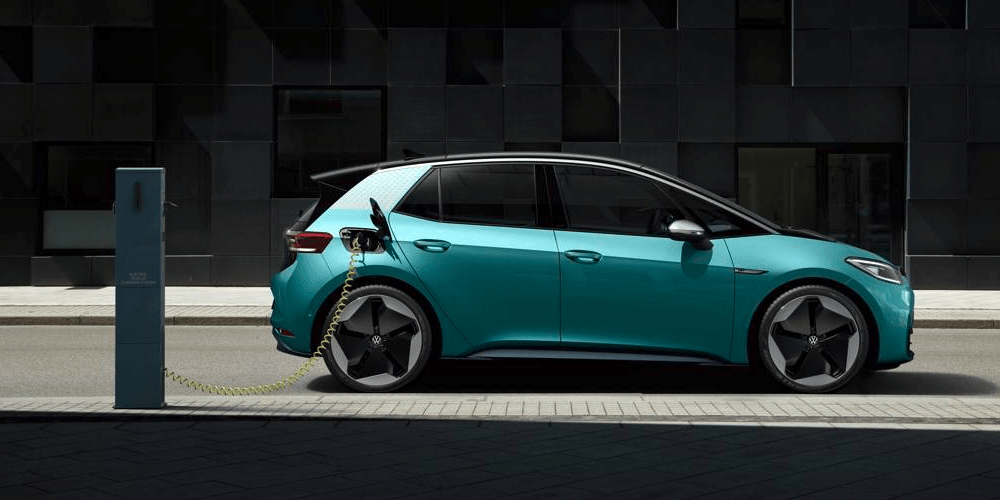EU Commission considers 100 billion euro transport package
The EU Commission has apparently drawn up initial proposals for an economic and climate protection package in the transport sector worth up to 100 billion euros. Among other things, the plans outline a purchase premium for ‘cleaner cars’. There is apparently still some dispute about which cars should be included.
The draft proposals were examined by the German newspaper Süddeutsche Zeitung where it was revealed that a purchase premium could be financed with up to 20 billion euros over the next two years. This would come from funds of two already existing EU programmes, i.e. not directly from the reconstruction packages currently under discussion.
There are opposing opinions on what exactly constitutes clean cars. Apparently, under certain circumstances, consideration is being given to promoting cars that exceed the European limit of 95 grams of carbon dioxide emissions per kilometre. The German Minister for Transport, Andreas Scheuer (CSU), who in Germany is often criticised as being a mouthpiece for the German car industry, even suggested that this should include vehicles that emit up to 140 grams of CO2 per kilometre. Not surprisingly, the suggestion is under fire from organisations concerned with CO2 emissions specifically from the transport sector. Stef Cornelis, a transport expert at the organisation Transport & Environment said this would be “completely unacceptable.” Stefan Heimlich, head of the second-largest European car club ACE warned that promoting cars that do not even comply with the European limit of 95 grams of carbon dioxide emissions per kilometre would be a mistake.
According to the report, the draft also states that about half of the 100 billion euro package is to be used to accelerate investments in new drive technologies. In addition, the EU Commission wants to double its funding programs for the expansion of electric mobility. The goal is to establish two million public charging points by 2025.
According to information from Bloomberg, where the draft was also viewed, the EU Commission is also considering exempting purely electric cars from VAT.
The Hamburg Senate also considers the latter subsidy lever to be sensible. In a position paper, it calls on the German government to completely abolish VAT for battery and fuel cell powered vehicles in the next three years – for both purchase and leasing. As a target group, the Senate names potential procurers of electric vehicles who are not themselves entitled to deduct input tax i.e. private individuals, freelancers or small businesses. For commercial customers, the Hamburg company is also talking about a special depreciation for the procurement of charging infrastructure.
The Hamburg company’s proposal is to be incorporated into the large-scale national economic stimulus package, which is currently being discussed by the Federal Government and in the course of which purchase premiums are also being discussed. A working group from various ministries is to present proposals for the programme by the beginning of June.
With additional reporting by Carrie Hampel
twitter.com, bloomberg.com, sueddeutsche.de (in German)





1 Comment